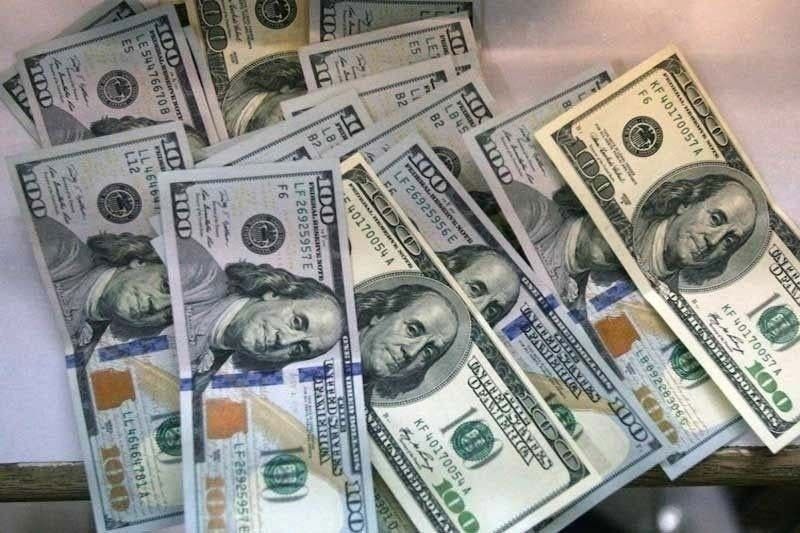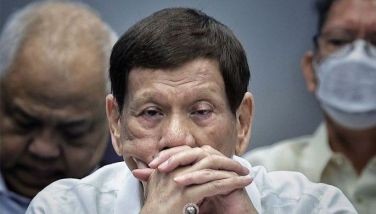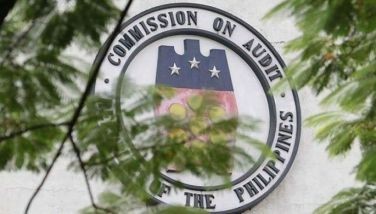Philippines, Saudi ink $4.26 billion investment deals

RIYADH — Over $4.26 billion worth of investment deals were signed between the Philippines and Saudi Arabia on Thursday.
The development is seen to create thousands of jobs for Filipinos in the construction industry and human resource services.
President Marcos witnessed the signing of the $120-million agreement between Saudi’s Al Rushaid Petroleum Investment Co. and Samsung Engineering NEC Co. Ltd. and Filipino firm EEI Corp. for construction export services.
In remarks at a roundtable meeting with Arab business leaders at the St. Regis Hotel here, Marcos said the agreements “are set to benefit more than 15,000 Filipinos in training and employment opportunities across a wide range of professions in the construction industry.”
Marcos is in Riyadh for the first Association of Southeast Asian Nations and Gulf Cooperation Council Summit.
Meanwhile, the Department of Trade and Industry (DTI) also reported that Saudi’s Al-Jeer Human Resources Co.-ARCO has signed with the Association of Philippine Licensed Agencies for the Kingdom of Saudi Arabia a $3.7-billion agreement for human resource services.
Saudi’s Maharah Human Resources Co. likewise has forged an agreement worth $191 million each with the Philippines’ Staffhouse International Resources Corp. and E-GMP International Corp. for human resource services, the DTI added.
The $120-million business deal involves the establishment of a “500 percent capacity” training facility for Filipino workers in the fields of masonry, carpentry, electrical, welding, equipment management, warehousing, steel fabrication and other construction-related craft starting 2024.
The facility intends to train at least 2,000 Filipinos a year and more than 50,000 in the next five years.
At the roundtable discussion, Saudi Arabian Investment Minister Khalid Al-Falih told Marcos of his country’s interest in investing billions of dollars in Philippine finance, energy and petrochemicals, industry and logistics, tourism, real estate development, labor and agriculture.
Al-Falih added there would be a significant demand for Filipino health care workers in the kingdom.
“For as much as the kingdom attracts FDI (foreign direct investment), we also wish to grow the footprint for all outbound investment-friendly nations like the Philippines,” he said.
Marcos said the Philippines’ economic achievements in the past year reflect the sustained efforts of his administration to foster an enabling business environment, cut red tape, lower the cost of doing business and improve competitiveness.
“I assure you that the Philippine government is steadfast in its commitment to continuously support current and prospective Saudi investors,” the President added.
Marcos highlighted the Philippines’ sustained economic growth and its “stable” and “positive” investment grades.
“The Philippine economy continues its high growth trajectory. Our economy has sustained its growth momentum, with gross domestic product at 7.6 percent in the last year, the fastest rate of growth recorded by the Philippines since 1976,” the President said.
“Our financial and banking sectors are healthy and robust, and our credit rating continues to receive stable and positive investment grades,” he said.
Marcos added the country’s FDI reached $9.2 billion last year, driven by important reforms initiated by his administration to further open the economy to foreign investments.
- Latest
- Trending
































